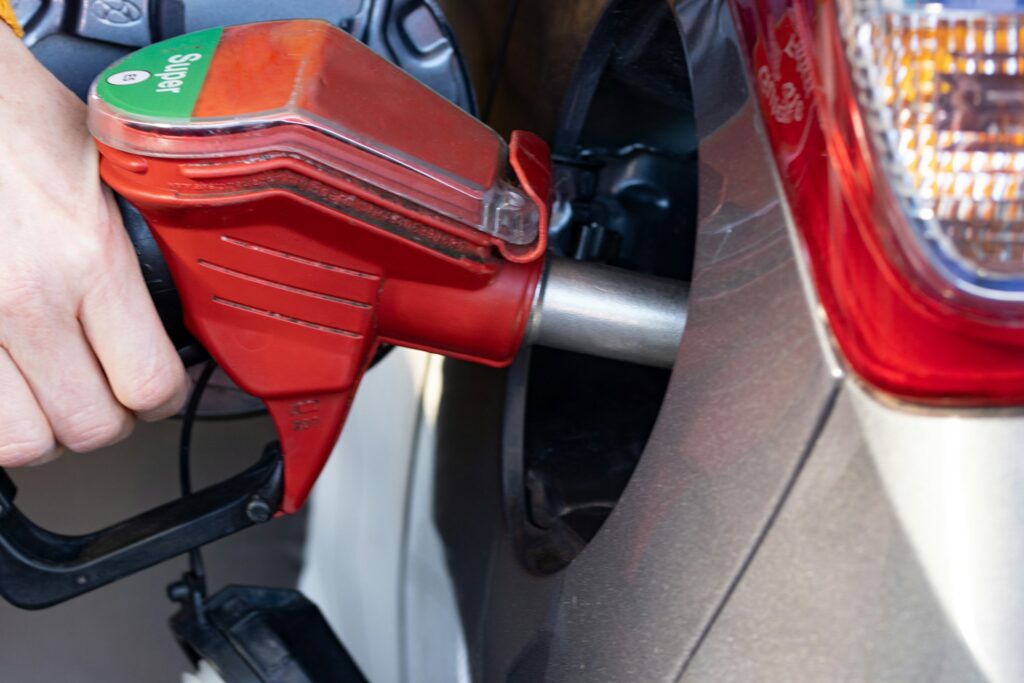
Your vehicle’s fuel pump is one of the most critical components in ensuring smooth engine performance. Responsible for delivering fuel from the gas tank to the engine at the correct pressure, the fuel pump plays a vital role in both efficiency and reliability. Neglecting its maintenance can lead to reduced performance, poor fuel economy, and even complete engine failure. Understanding how to care for your fuel pump can save you time, money, and frustration.
The Role of the Fuel Pump
A fuel pump’s primary job is to move fuel from the tank to the engine at a consistent pressure. This ensures the engine receives the right amount of fuel for combustion, whether you’re idling in traffic or accelerating on the highway. Modern vehicles typically use electric fuel pumps located inside the fuel tank, while older models may use mechanical pumps mounted on the engine.
If your fuel pump fails, the engine won’t get the fuel it needs, leading to stalling, difficulty starting, or no start at all.
Signs of a Failing Fuel Pump
Catching problems early can prevent costly repairs. Common symptoms of a failing fuel pump include:
- Engine sputtering at high speeds.
- Loss of power during acceleration or uphill driving.
- Difficulty starting the engine.
- Unusual whining noise coming from the fuel tank area.
If you notice any of these signs, it’s best to have your fuel pump inspected by a professional before it completely fails.
Tips for Fuel Pump Maintenance
Proper maintenance can significantly extend the life of your fuel pump:
1. Keep your fuel tank at least a quarter full. Running on very low fuel can cause the pump to overheat and wear out faster.
2. Use high-quality fuel. Contaminants in low-grade fuel can clog the pump and fuel filter.
3. Replace the fuel filter regularly. A clogged filter forces the pump to work harder, reducing its lifespan.
4. Avoid fuel contamination. Dirt, debris, or water in the fuel tank can damage the pump.
By following these practices, you can help your fuel pump operate efficiently for years.
Performance Considerations
If you have a performance or modified vehicle, upgrading your fuel pump might be necessary to handle increased fuel demands. High-performance fuel pumps can deliver more fuel at higher pressures, ensuring the engine gets enough supply for optimal power output.
However, it’s important to choose a pump that matches your fuel system’s specifications to avoid excessive pressure or flow that could harm the engine.
Professional Inspection and Replacement
Fuel pump replacement can be a complex job, often requiring removal of the fuel tank. If you suspect an issue, have it checked by a qualified mechanic who can test fuel pressure and diagnose the problem accurately.
For replacements, opt for reputable brands and models compatible with your vehicle to ensure reliability and performance.
Final Thoughts
Your fuel pump is a vital link between your fuel tank and engine performance. Regular maintenance, attention to warning signs, and timely replacement when needed will help keep your vehicle running smoothly. By treating your fuel pump as an essential component rather than an afterthought, you can enjoy better reliability, efficiency, and performance every time you drive.











